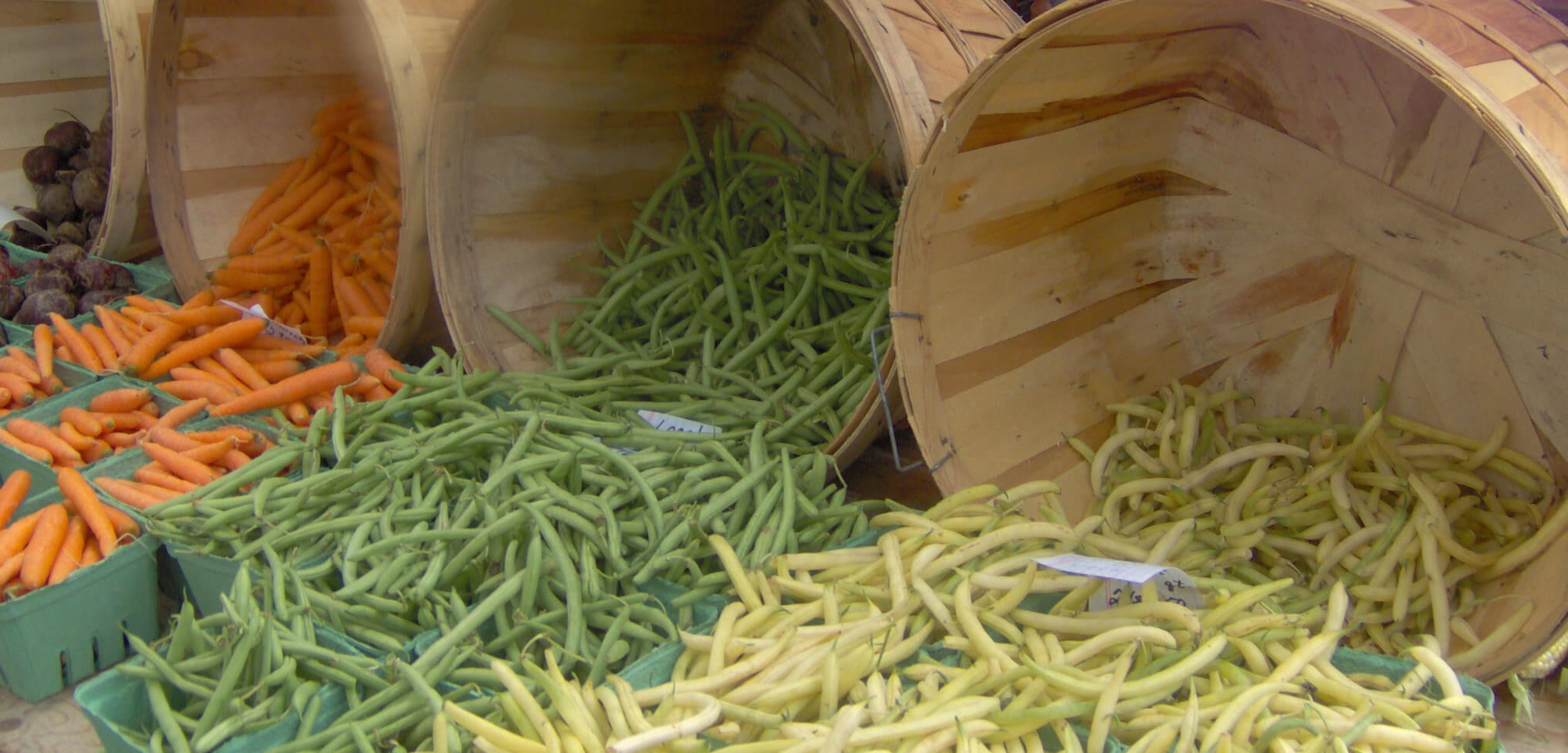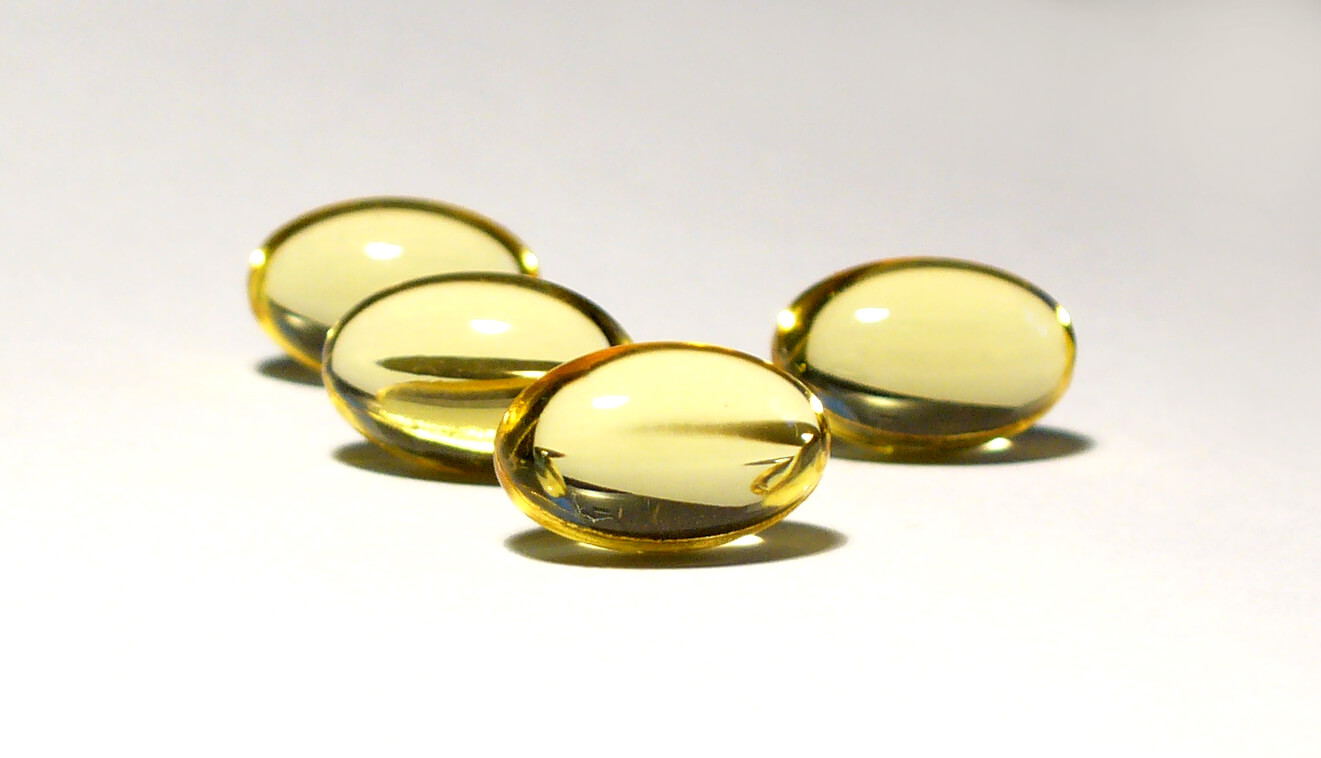
Organic basically means that a food is in its natural state and not tainted by chemicals (pesticides, antibiotics, etc.) or hormones. Produce such as fruits, legumes, grains and vegetables are typically farmed with chemicals to either keep pests away or grow faster.
Animals such as chickens, pigs and cows are given sub-therapeutic levels of antibiotics regularly (not just when they are sick) to prevent them from getting sick and grow bigger. There is evidence suggesting that the use of these antibiotics in animals can be risky for humans. For instance, if a group of animals is treated with an antibiotic, the bacteria living in those animals will become resistant to that drug over time. The problem for humans (according to microbiologist Dr. Glenn Morris) is that if a person eats this resistant bacteria in the meat and becomes ill, he or she may not respond to antibiotic treatment. Note: Canada and the European Union have banned this type of antibiotic use in food animals. Some studies suggest that a diet high in animal protein (treated with hormones) is linked to early puberty.
Conventional fruits and veggies are likely sprayed with pesticides – chemicals that can be harmful to humans, according to the EPA (Environmental Protection Agency). Some pesticides irritate the eyes and skin; some affect our nervous systems and hormone systems; and some can contribute to cancer. However, conventional produce is better than no produce at all. We still need nutrients from fruits and veggies. There are countless studies that prove fruits and veggies help avoid heart disease, cancer, high blood pressure, digestive trouble, etc. Fruits and veggies should be the bulk of our diet. The average American only eats about 3 servings (1 cup) per day. National Cancer Institute recommends at minimum 5 servings a day (potatoes do not really count). Some studies suggest 8 per day. Either way, the more the merrier. Not 1 fruit or veggie can supply all the nutrients we need, so variety is key. If there is an organic option, opt for that instead.
The nonprofit EWG (Environmental Working Group) studied the pesticide residue in common produce.
Here are the top fruits and veggies that have the MOST chemicals:
– Apples
– Peaches
– Nectarines
– Strawberries
– Grapes
– Celery
– Spinach
– Sweet Bell Peppers
– Cucumbers
– Cherry Tomatoes
– Snap Peas
– Potatoes
– Hot Peppers
– Kale and Collard greens
List of fruits and veggies with the LEAST chemicals:
+ Avocados
+ Sweet corn
+ Pineapple
+ Cabbage
+ Sweet peas (frozen)
+ Onions
+ Asparagus
+ Mango
+ Papaya
+ Kiwi
+ Eggplant
+ Grapefruit
+ Cantaloupe
+ Cauliflower
+ Sweet potatoes
And a few more tips:
- Wash all produce.
- Look for organic options in your local market.
- Include 1-2 organic fruits or veggies in every meal.
- Snack on a fruit (better when paired with some protein like yogurt, nuts or piece of cheese) or carrot sticks in between meals.
- Ask yourself: Have I had 5 today?



